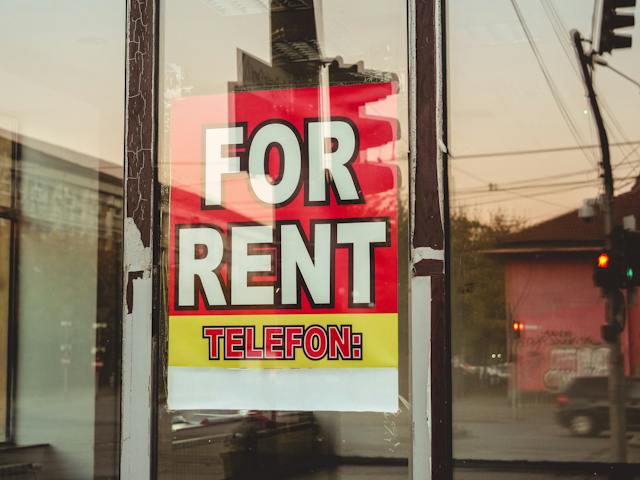
When you have a commercial property that you want to lease out to others, you are probably looking for the most effective ways to make a profit off of it. In some cases, short-term rentals to businesses might be your best bet. You just have to be aware of local regulations and make sure that everything is being done legally. Our Long Island, NY real estate litigation lawyers can help you with that.
How Long Do Short-Term Rentals Last?
Commercial property rentals differ from home or apartment rentals in that lease agreements tend to be longer. If you move into a new apartment, you may get a one-year or two-year lease. You might even end up with a month-to-month arrangement. Such a thing would not work well for most commercial renters, so these leases tend to be a bit longer.
This means that “short-term” rentals can still last for a while. A typical commercial property lease might last three to five years. A short-term rental could mean a lease that lasts one or two years before there are talks about renewing.
Why Opt For Short-Term Rentals?
Renting out properties for shorter periods of time can offer you some flexibility. You can attract many types of businesses from different industries. Many companies are looking for success, but not everyone can find it. A short-term lease means that business owners can walk away if their company does not succeed instead of having to deal with the hassle of breaking a long, multi-year lease.
You just have to stay aware and keep in touch with your renters. If you talk to a tenant halfway through their year-long lease and they expect hesitation about renewing, then it may be a good idea to look for more potential renters who can fill any space that becomes available.
What Legal Pitfalls Do I Need to Avoid?
Problems can arise when your lease agreements do not account for everything that they need to, including local regulations and stipulations that are needed to protect your bottom line. We have seen issues where contracts do not properly address:
- Landlord responsibilities
- Available amenities
- Insurance
- Taxes
- Utilities
- Who pays for what portion of the building’s expenses
- How needs for repairs and improvements are addressed
Rushing to complete a contract so that you can secure a new tenant is never a good idea. You’ll want to have a lawyer who can help you go over lease agreements with a fine-toothed comb so that you do not run into legal headaches later.
Contact Our Law Firm Today
If you have any questions about commercial properties and how to leverage your investments without running afoul of New York laws and regulations, we can help. Contact David A. Gallo & Associates, LLP and ask to schedule a consultation today.



